
Vayechi: Slaves to Physicality
We are a People who relish life. We are commanded, to cherish life...

This parsha begins by telling us that Yaakov (Jacob) lived in Egypt, the epicenter of world impurity, for seventeen years. How did he manage?
We are a People who relish life. We are commanded, to cherish life; we do everything to prolong life, including breaking the Torah to extend a life. We even bless each other with the blessing, "LeChaim," "To Life." We want a meaningful life, a joyous life, a life in which we actualize our potential and fulfill our mission.
We see the beginning of the fulfillment of the Messianic prophecy that a Jew will have innumerable servants to take care of his every need. We have mechanical helpers to wash our clothes, draw our water, cut our fruits and vegetables… the list is endless. Yet, so many of us are sad and confused; so many of us are missing the joy of a vibrant, meaningful life.
During the seventeen years that Yaakov lived in Egypt, he truly lived. Seventeen is the Gematria (numerical equivalent) of tov, good. They were seventeen good years. Chazal teach that those seventeen years were the best years of Yaakov’s life. On a simple level (pshat), his family was finally united, there were no financial difficulties, and they were able to learn Torah full time. What could be better than that?
Slaves to Physicality
But Yaakov was in exile, and this exile was the beginning of our Nation’s many future exiles.
Why did Hashem exile us to Egypt, the worst possible country in the world? Chazal state that no one ever escaped Egypt. Were policemen standing shoulder to shoulder guarding the border? No! The moment a person was enslaved to the materialistic lifestyle and immoral value system of Egypt, he could not and would not extricate himself. His mind, rather than his body, was enslaved, so there was no need for guards to prevent him from leaving.
When the Jews left Egypt, eighty percent refused to leave. They died and were buried during the Plague of Darkness.
What about us? We’re supposed to be a light unto the nations; to bring morality, justice, economic stability to the world. Instead, many of us are mentally stuck in an updated version of Egypt.
The Egyptian exile is the prototype of all future exiles. The root of the word Mitzrayim, Egypt, connotes constriction, a constriction of the soul with its resulting lack of holy expression. There was no creative living in Egypt. The full expression of the soul was restricted. Egypt was physically beautiful and contained everything that a person could desire, yet it numbed the senses and paralyzed the soul. Our Rabbis explain that daat, understanding, was in exile.
Counteracting Impurity
When Yaakov went to live in Egypt, he knew exactly what he was getting himself into. He knew of the dangers of living in a place that enslaved the mind. So how did he counteract the numbing constriction of Egypt? With hard, hard work!
First, Yaakov sent his son Yehuda (Judah) to create an area of holiness where he could set up a Yeshiva as his base. Each subsequent step was taken with the intent of living a full, Godly life so that his children would survive with the spiritual tools necessary to face the forthcoming challenges. He channeled his energies; he lived with a purpose.
Our Rabbis tell us that as Yaakov’s descendants, the Jewish Nation, grew, Yaakov would spend part of each day going to a different simcha, celebration – a bris, an engagement, a wedding. . . At each event, he shared himself, his vitality, with his descendants, and imbued them with purity and strength.
Yaakov’s children were challenged in many ways. In overcoming their personal tests, they enabled subsequent generations of Jews to live with spiritual integrity. Each time one of Yaakov’s children overcame a spiritual challenge, the spiritual impurity of Egypt was mitigated. Yet, even after so much purification, the spiritual challenge was so great that eighty percent of the Jews refused to leave!
Elevating the Physical
The Shelah Hakodesh teaches that the physical tests of Egypt purified the Jews’ bodies, making them worthy to receive the Torah. Our souls were inherently perfect, and pure. But our bodies had to be elevated, and made spiritual. We can begin to understand this concept when we look into the eyes of a Holocaust survivor, or observe a person whose entire being is focused on spiritual goals. They see a different, more pure and spiritual reality.
They have begun to escape the confines of their own physicality.
In our generation, we can attain that level of purity through joy and emuna; through letting go of the need to control our destiny (while remaining responsible adults).
Yaakov was the epitome of emet, truth – true Torah values. Truth – emet – that is the only way to win the war against the pervading immorality. A person imbued with Torah values understands that everything is exactly as it is supposed to be, because that’s how Hashem wants it to be. He is a happy, fulfilled individual; a balanced and healthy individual. The Exile comes from a lack of simcha, joy: “Tachat asher lo avadetem et Hashem Elokeychem besimcha…” "Because you did not serve Hashem your God with joy."
The Simpleton and the Sophisticate
Rebbe Nachman emphasizes this concept in the story of the Simpleton and the Sophisticate (click here to read story). The simple man says that he is able to be happy with any circumstance of life. When he has only bread and water, he is able to imagine the taste of all food and drink and be satisfied. Even when he is imperfect, when he davens an imperfect prayer, he is happy. He doesn’t allow the negativity of the world to diminish his joie de vivre. That’s the trick of living — vayechi Yaakov, Yaakov lived — he lived each moment to its fullest.
The letter "peh" means poh, the present — living each moment to its fullest, being fully vibrant and alive. Parshat Vayechi consists of eighty-five verses – the Gematria of the letter peh. Outwards, the parsha focuses on the death of Yaakov and Yosef Hatzaddik (Joseph the Tzaddik). Yet the Gemara says that Yaakov did not die. The body stopped functioning, but his life-force is still present and truly alive.
The Shelah Hakadosh adds that life depends on Tikun Hamiddot, refining our character within the framework of kedusha, holiness. To refine ourselves, we must first subdue and transform the part of us drawn to impurity and immorality.
The best place to exercise spiritual muscles is in Egypt. Through sending our forefather’s there, Hashem was giving them the opportunity to actualize themselves, to overcome their base desires. In the same way, through overcoming our present, immoral exile we can attain unimaginable spiritual heights. But we must be motivated by a strong, all-pervading desire to grow spiritually.
The Present
Our present exile is also an opportunity to redeem the sparks of holiness that are dispersed throughout the universe. The holiest sparks are hidden in the deepest areas of impurity, where it is most difficult to release their holiness. The lowest places contain the purest light. Nuclear power is the physical manifestation of this spiritual law.
According to the Mechilta, the redemption from Egypt was in the merit of the blood of circumcision and the blood of the Korban Pesach. Only when a life of holiness was aligned to include all of the activities of life, elevating the animal part of us, did the exile end and we were able to leave Egypt to receive the Torah.
Yosef was the person most closely associated with the elevation and redemption of Egypt. He is also the first person given the title Tzaddik. His essence defines all subsequent Tzaddikim. He could reach spiritual rapture, and at the same time work as Pharaoh’s head accountant! He felt Hashem’s Presence, no matter where he was or what he was doing. Therefore, he was able to constantly raise the hidden sparks of holiness.
Yaakov and Yosef and all the Tzaddikim used the exile to attain holiness. They elevated the mundane, gathered the scattered sparks of holiness. But a Jew’s goal is not to remain in Egypt. A Jew’s goal is to reach the level of ge’ula, redemption, leaving the exile. May it happen quickly, and in our days, mamash. Amen.
(More of Rebbetzin Silber’s beautiful Torah can be seen at www.Kolrena.org)





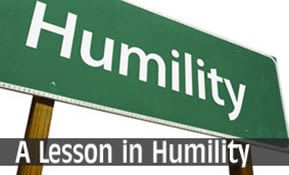
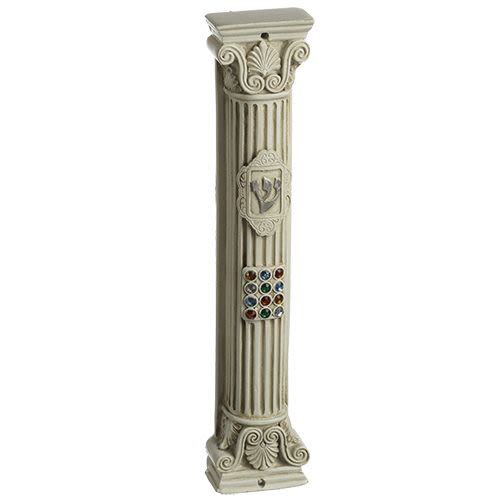

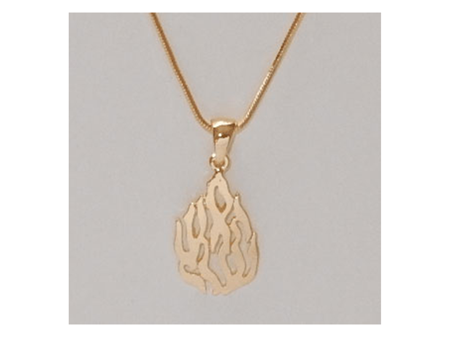
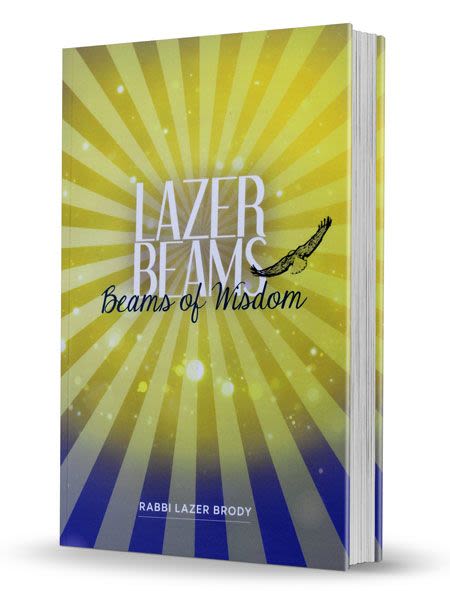
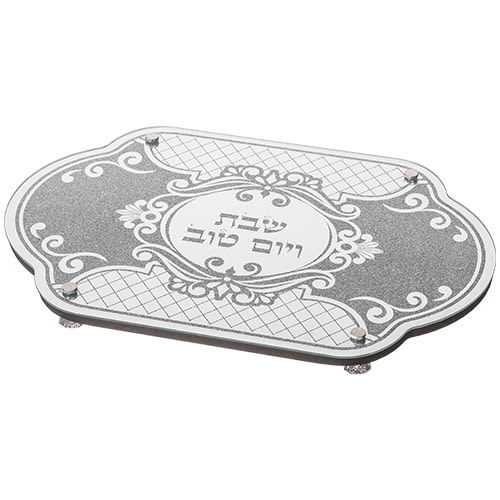
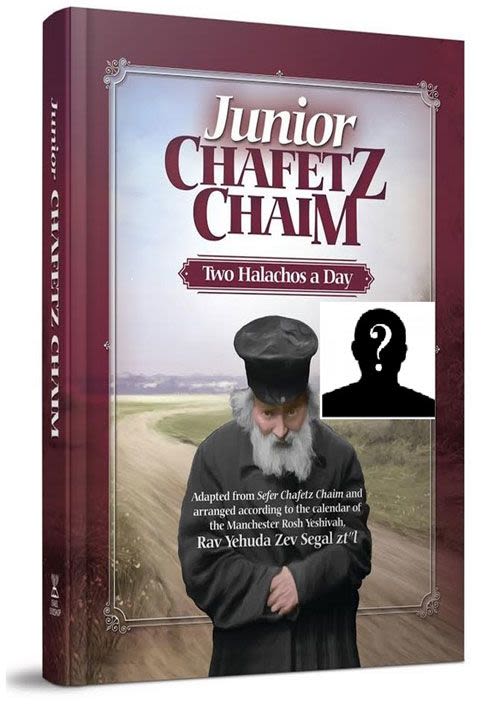
Tell us what you think!
Thank you for your comment!
It will be published after approval by the Editor.